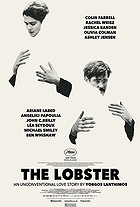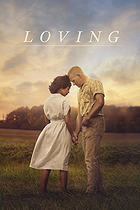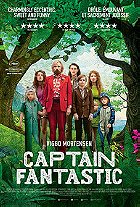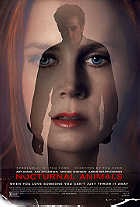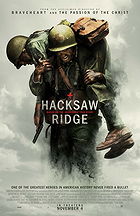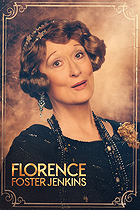This is a weird one for me to talk about. Manchester by the Sea strikes all the right poses, hits all of the story beats, but there’s a strange sense of detachment. The characters are submerged by grief, and any development they exhibit is so minor as to wonder if the seeds have been harvested.
It’s not boring or tedious, and I don’t mind the quaintness of the film, but Manchester by the Sea kept me at a remove at all points. Maybe it’s that it takes a very long time to go nowhere in particular. Not paying off as the audience demands is fine and all, but we end with a few of these characters left in the same or highly similar positions that we found them in. And there’s a few too many situations where the symbolism is too neat and tidy, or the dialog is too poetic, and several scenes of Casey Affleck staring off into the middle distance in a bar before picking a fight.
The slowly thawing winter is a solid metaphor for grief and the ways we can deal with it in, say, a novel, but it’s harder to balance it out in a film. Especially one that insists on running for two-and-a-half hours, without enough story to really fill out that demanding running time. Manchester by the Sea is best when it zeroes in on mournful, hard moments of everyday life in the wake of tragedy. Think of an awkward reunion between Lucas Hedges’ Patrick and his alcoholic mother (Gretchen Mol), or the quietly devastating reunion between Affleck’s Lee and his ex-wife (Michelle Williams). These moments hammer home with emotional complexity and brutal truths delivered without a bit of sugar to make the bitter go down.
Much of the film rests on Affleck’s Lee becoming the guardian of Hedges’ Patrick after the death of Patrick’s father (Kyle Chandler), Lee’s brother. But Lee’s grief from an accident years earlier that caused him to flee Manchester-by-the-Sea, and dissolved his marriage, keeps him prison and incapable of taking care of anyone, even himself, or making deeper connections with anyone. Patrick, for his part, seems incapable of understanding just how much his life has changed, and will continue to do so. He’s a teen looking for guidance from a man with as much warmth and emotional availability as a glacier.
Lee and Patrick do have several scenes of comedy to alleviate some of the encroaching despair. Most of it just involves them screaming “fuck you” at each other in harsh New Englander tones, but it’s often a nice change of pace. I see why both of them (and Williams) were nominated this year, and, frankly, they deserve it. Hell, if all three of the players manage to sneak out wins they will be richly deserved. Affleck, Hedges, and Williams create fully realized people that are deeply damaged and trying to do their best to keep their heads above water. Manchester by the Sea finds them drowning more often than not, but the film reminds us that healing is not always a zero-sum game.
 Login
Login
 Home
Home 95 Lists
95 Lists 1531 Reviews
1531 Reviews Collections
Collections
 0 comments,
0 comments, 